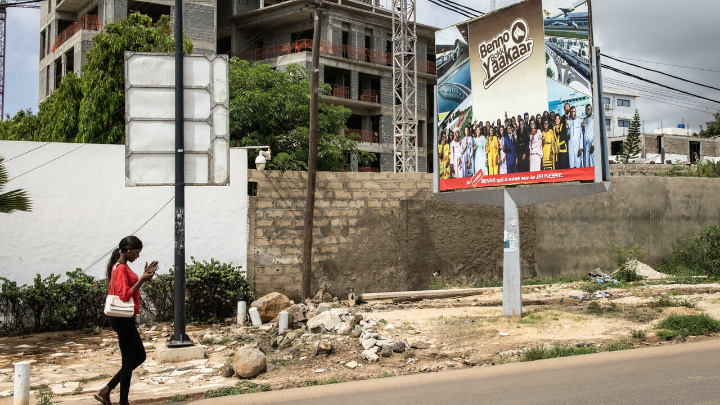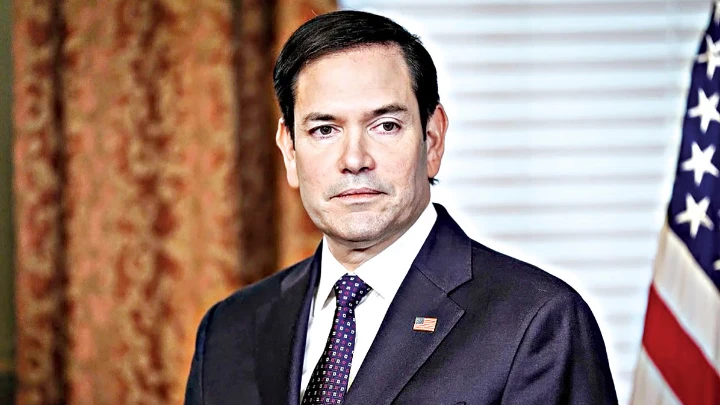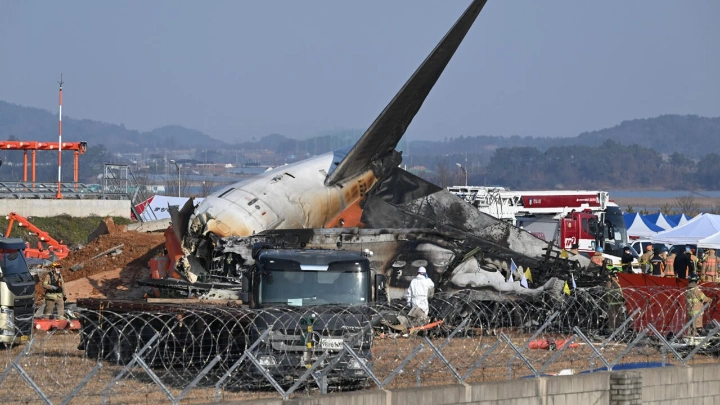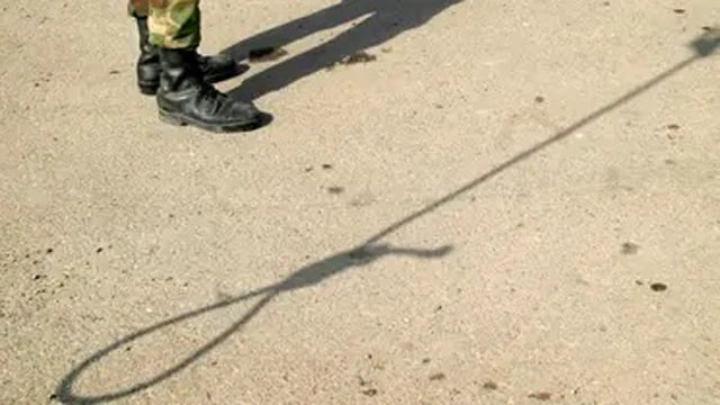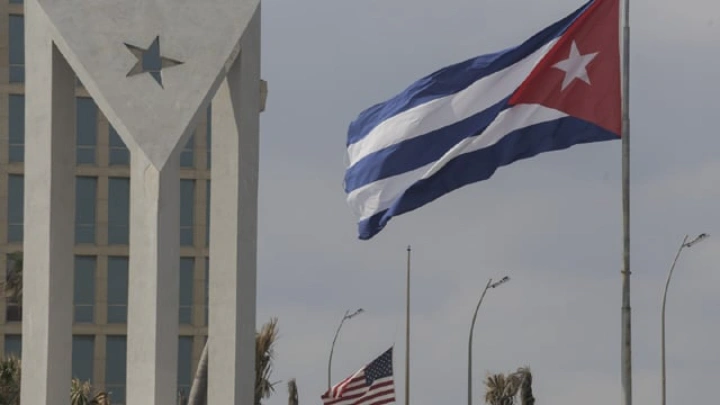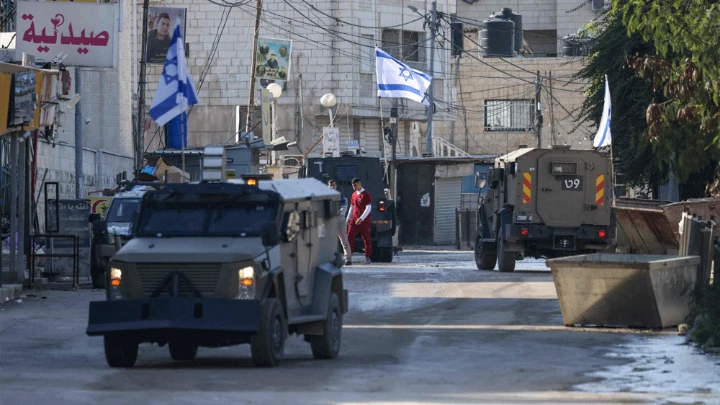Senegal elects parliament in test for presidential vote
Shining BD Desk || Shining BD
Senegalese voters head to the polls Sunday for parliamentary elections the opposition hopes will force a coalition with President Macky Sall and curb any ambitions he may hold for a third term.
Sixty-year-old Sall, who was elected in 2012 for seven years then re-elected in 2019 for another five, has been accused of wanting to break the two-term limit and run again in 2024.
He has remained vague on the subject, but any defeat of his supporters in Sunday's vote could upset such plans.
Polling stations are due to open at 0800 GMT and close at 1800 GMT.
The single-round ballot will decide the 165 seats of the single-chamber parliament -- currently controlled by the president's supporters -- for the next five years.
Lawmakers are elected according to a system that combines proportional representation with national lists for 53 lawmakers, and majority voting in the country's departments for 97 others.
The diaspora elects the remaining 15 members of parliament.
This year, eight coalitions are in the running, including Yewwi Askan Wi (meaning "Liberate the People" in Wolof), the main opposition coalition.
Its highest-profile member, Ousmane Sonko, came third in the 2019 presidential election.
But he and other members of the coalition have been banned from running in Sunday's elections on technical grounds.
Ahead of the poll, Yewwi Askan Wi has joined forces with Wallu Senegal (which means "Save Senegal" in Wolof), led by former president Abdoulaye Wade.
The two groups have agreed to work together to obtain a parliamentary majority and "force governmental cohabitation."
They also want to force Sall to give up any hope of running in 2024.
In local elections in March, the opposition won in major cities, including the capital Dakar, Ziguinchor in the south and Thies in the west.
Sonko and other members of the Yewwi Askan Wi coalition were forbidden from running in Sunday's elections, after the authorities in early June tossed out its national list of candidates on technical grounds.
One of the names had been accidentally put down both as a first-choice candidate and as an alternate candidate, thus invalidating the entire list.
That sparked violent demonstrations that left at least three people dead.
On June 29, the opposition finally agreed to take part in the elections, easing tensions.
BSS
Shining BD

